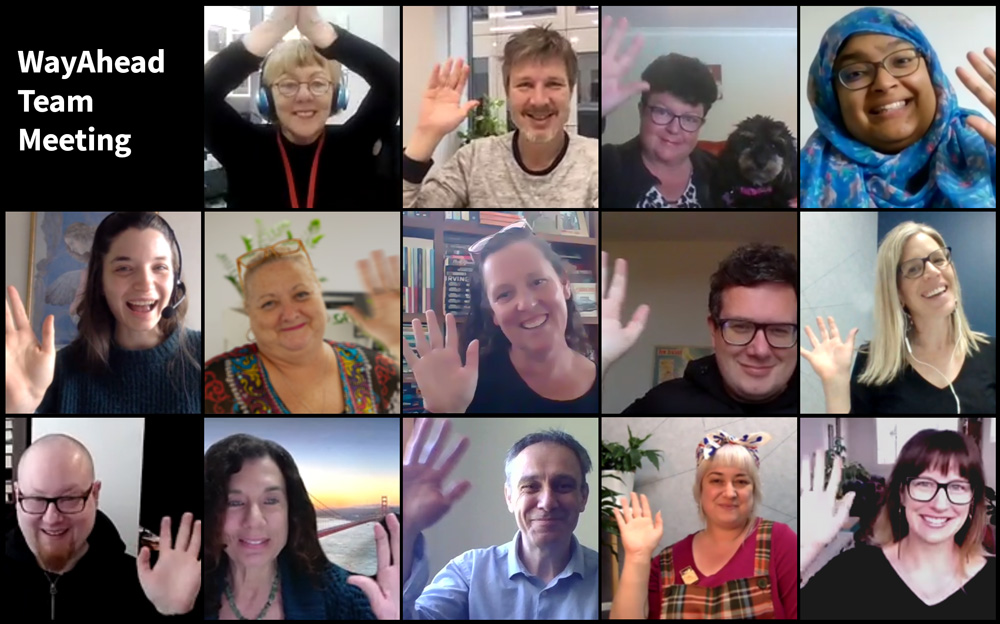By Asha Zappa
Being a parent can be triggering. The Circle of Security parenting education program, designed to support parents to understand their child’s emotional world, calls this ‘shark music’. This relates to the discomfort of reliving situations that unconsciously or subconsciously can remind you of times when you yourself were in pain as a child. If you got in trouble as a child for being late, as a parent it makes us feel anxious when our kids dawdle, and we can’t leave on time. A deep part of us remembers that being late equals pain. This is the shark circling, and it can happen to any of us.
As a parent with mental health issues, I have two competing aspects to this. I have plenty of triggers, situations that make me feel activated, scared or angry. But thanks to years of therapy and my own training as a therapist, I have the knowledge and skills to understand what was happening for me.
That’s not to say it was easy. When activated, turning on the rational, thinking part of our brains can be impossible. At that point emotions dictate behaviour. One of my big triggers is not being listened to or heard. Kids, everyone really, when in the midst of big emotions, can’t hear us. My child’s big emotions meet my emotional triggers head on. Sometimes I can’t hold them in.
Part of my personal experience with mental illness is the fear that I am unlovable. Part of that is feeling like I will destroy everything I love. Not having early experiences of feeling loved unconditionally, my childhood identity was wrapped in the idea that love could be taken away at any time. To me relationships and love were extremely precarious, and not a safe space. I never wanted my child to grow up doubting he is worthy of love. I never wanted him to feel at his core that there was badness, as I had.
Parents with mental health issues need extra support
I don’t believe I am a bad parent. I have always given my child as much love, compassion, and space as he needs to feel loved and secure. However, there was a turning point when I was overwhelmed by the shame I held about my emotionality. After so many years of absorbing the messages that my emotions are wrong or invalid, I came to believe that the kindest thing to do for my beloved child was to give him the gift of a life without me.
That was a watershed moment. I wanted, more than anything, to break out of the negative mould I had internalised. I was lucky. I was able to access help and I had wonderful, supportive people around me. I worked hard and I still do, to marry the skills and knowledge I had with a new learning – self compassion. I immersed myself, learned about myself, and my mental health. I listened to people in the consumer/survivor/ex-patient movement, and became involved in Mad Pride, a nurturing, supportive, creative environment. With my work I could research voraciously, and use this knowledge not only professionally, but personally, and as a parent.
No one can do this alone and especially parents with mental health challenges, but there is light, and support and resources out there to suit your needs.
The importance of emotional literacy
It may sound strange, but I have never needed to put my kid in ‘time out’. I have put myself in time out. I will tell him that, “My emotions are too big, and I feel like I can’t behave the way I want to. I’m going to take a time out and I’ll come back to you when I’ve settled. Do you want a cuddle?”
Putting the parent in time out may sound weird, and can feel a bit awkward, but it works for my son and I as a way to diffuse and reset. It’s encouraging when I see him mirror my self-care. Once we had a friend visit with a child who was quite rambunctious. My kid had done his best to entertain, but I could see he was feeling drained. He turned to his Da and said, “I’m feeling a bit overwhelmed, I’m going to have a time out in my bedroom alone. Can you please look after them for a bit?” I am proud that he is developing the skills to recognise when things are tough, and what to do when he feels that way.
When I have big emotions, and I’ve very little left in the tank, I don’t want him for a moment to think that he isn’t loved, or worthy of love. When my resources are depleted and I can’t hold myself in, I tell him what’s going on for me and explain my emotions. I tell him that he doesn’t deserve my anger, and that I love him. I let him know that sometimes emotions are too big to keep inside, and that’s OK, for him and for me.
I can’t always be a perfect parent, but as someone with the privilege of support, therapy, and training, I can help my kid help build emotional literacy – the kind it’s taken me years to learn. Explaining emotions, explaining reactions, helping him understand what’s going on, that his emotions are OK, even when his behaviour is unhelpful, is a crucial tool.
When you are overwhelmed by the challenges
Don’t get me wrong. This isn’t easy. This is HARD WORK. It can be exhausting and some days I fantasise about running away and letting all of the difficult parts of me out. But the reality is that together with my child, we have built a toolkit to support ourselves and each other, and the more we learn together the better it becomes.
People with mental health challenges can be brilliant parents, but they can’t do it alone. In fact, even the most ‘perfect’ parent can’t fly solo. People with mental health issues, particularly complex trauma, have the capacity to be outstanding parents. We see the world from a thousand points of view. Our minds instantly calculate a hundred permutations of human interactions. The relentless work of parenting, together with managing mental health, means that there is less energy for the mundane tasks of life. We can do it, but we can’t do it alone.
I still struggle to love myself. Challenging that world view is difficult and a constant daily effort. But in doing the work, researching, learning, and applying the skills with love and patience, our family life and our sense of self improves with every milestone. My personal frame of reference is ‘Would I say this to my son?’ and this guides me – even through the most challenging situations.
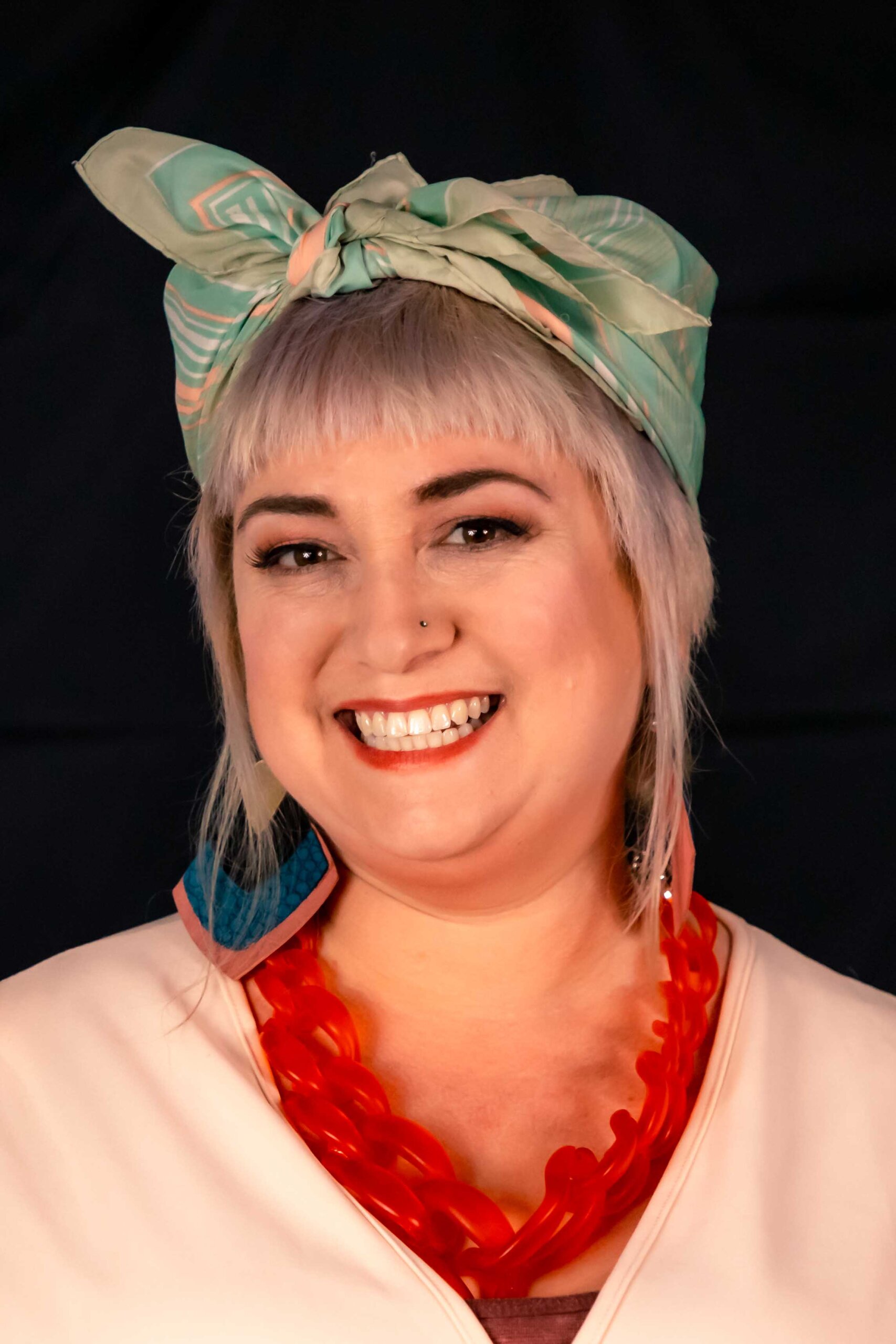
Asha Zappa is a parent with lived experience of mental illness, and the Mental Health Promotion and Program Manager for WayAhead, the NSW Mental Health Association.
If you feel you need extra support to help guide you through mental health challenges as a parent, you can visit www.wayahead.org.au for information and resources.
- Originally published as https://kiddipedia.com.au/how-dealing-with-mental-health-made-me-a-better-parent/

